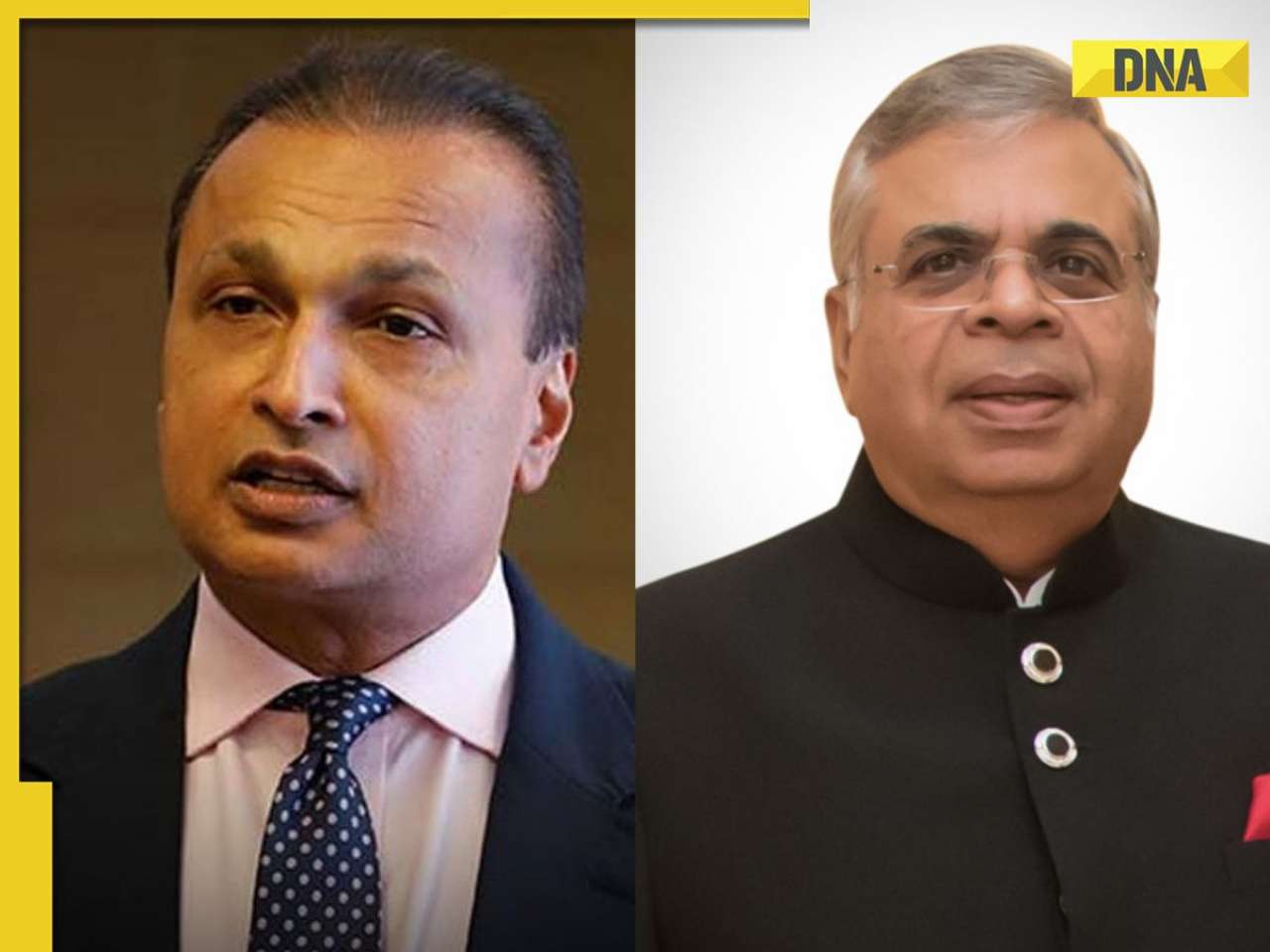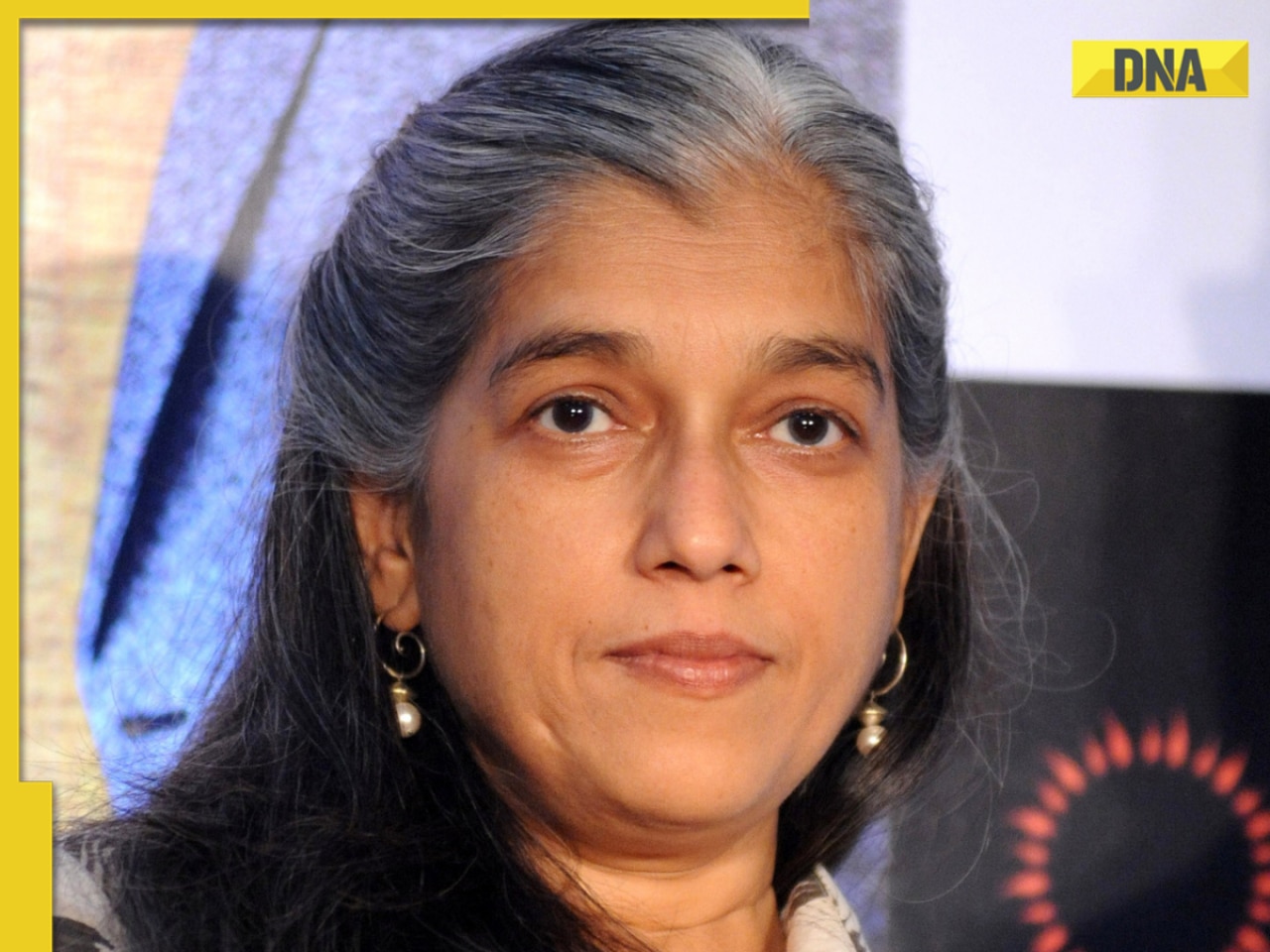The parent company of PhonePe, Flipkart, kept its headquarters on the island nation in Southeast Asia.
The Indian payments service provider PhonePe, which is supported by Flipkart, declared earlier this month that it had finished moving its headquarters from Singapore to India. American grocery giant Walmart, which owns a 77% share in the company, is a subsidiary of the Indian e-commerce powerhouse Flipkart. This is a fairly remarkable move considering how many firms in India are choosing to have their headquarters in Singapore for a variety of reasons.
Market rumour has it that PhonePe is getting ready to float on an Indian stock exchange, which would explain the movement. The parent company of PhonePe, Flipkart, kept its headquarters on the island nation in Southeast Asia.
Flipkart incorporated its holding company in Singapore in the early part of last year and sought foreign investments so that it could grow faster. This was because it had problems with the Indian bureaucracy which had then imposed various rules on certain industry sectors which made funding in its home country difficult. It, therefore, conceived a corporate structure to site the main company in Singapore so that it could receive funding more easily and made the Indian companies subsidiaries of the Singapore entity.
Singapore is well-known for being an easy place to do business.Singapore is number one in the world on the Heritage Foundation's index of economic freedom, number one in the World Economic Forum global competitiveness report last published in 2019 and number two in the World Bank ease of doing business ranking (2020). (Also Read: LIC Saral Pension Plan: Get up to Rs 50,000 annual pension on investing Rs 10 lakh)
The Property Rights Alliance's 2022 international index of property rights places it second overall. In addition, its tax rates are lower than those in India for both corporate taxes and the goods and services tax, and there is no capital gains tax or dividend tax for shareholders. Due to Singapore's broad network of tax treaties, businesses based there that transact business internationally can prevent double taxation.
Singapore is now a major financial and investment hub for many Indian enterprises as a result of the immigration of many astute Indian business people as well as the development of strong economic relations with the nation. The business-friendly atmosphere, infrastructure, connectivity, and sizable Indian population in Singapore all contribute to this.
Based on a report by India Briefing, over 8,000 Indian companies have registered in Singapore since 2000. Many of them register their businesses online in Singapore without even coming to the country. Most follow the Flipkart company structure to enjoy the key benefits of incorporating a company in Singapore and yet be able to access the Indian market and its wide talent pool.
In recent years, Singapore has emerged as the "Silicon Valley of Asia". It has a flourishing startup ecosystem where many venture capital firms are based. Other factors which have worked to create this are the ready availability of government funding, favourable tax schemes for startups, and abundant people with the requisite skills that tech firms need.
It is simple to get government funding to import talent if a business cannot find it locally. There are numerous businesses that promote cooperation and knowledge sharing. The Global Startup Ecosystem Index 2022 published by Startup Blink places Singapore first in Asia and eighth overall.
Singapore`s startup ecosystem has a value of USD 25 billion, far exceeding the global average of USD5 billion, and early-stage funding per startup totalling USD202,000. The startup Output Growth Index of Singapore scores 8 out of 10, which indicates significant growth in startup creation.Based on figures from Enterprise Singapore, Singapore logged 517 funding deals in the first nine months of this year, amounting to USD 8 billion in total. Last year, 11 Singapore-based startups achieved unicorn status (USD 1 billion in valuation), bringing the total number to 22.
There is also strong trust in Singapore`s investment framework. Another appeal Singapore has is its strategic location at the heart of ASEAN which not only has a youthful middle-class population of 660 million but as an economy, it is the fifth largest in the world after the US, EU, China and Japan.Indeed, Southeast Asia with its interesting dynamic of a young and digitally savvy population has tremendous potential for startups and is a lucrative market for them to tap.
Many startups that have established themselves in Singapore are looking to serve this market which is in Singapore`s backyard.Ms Grace Sai, the co-founder of the sustainability-focused startup, Unravel Carbon, said to Singapore online newspaper TODAY, "The market size of Southeast Asia or Asia alone is big enough to create category-winning companies. So, for some companies, it's never their strategy to be global."
However, regional nations are starting to notice Singapore's success and are attempting to imitate it. A World Bank report from the previous year observed that the competitiveness within the region has increased as a result of the neighbouring nations of Singapore developing their own startup ecosystems.
Some of Singapore's advantages as a startup hub may start to erode if investors begin investing directly in the nations where the businesses are located. India also seems to be doing anything to stop the flight of startups from the nation. Nirmala Sitharaman, the finance minister, stated two weeks ago that the government is prepared to work with entrepreneurs to address problems plaguing the ecosystem.
“So, I would think continuous engagement with the startups is what is going to help them to, one, remain and, second, do better within India. But, if there are temptations for which they would want to go outside, we need to understand how much we can entertain and serve on those courses. Not all of them are possible but equally, we can try," said Sitharaman.
![submenu-img]() Ramesh Awasthi: Kanpur's 'Karma Yogi' - Know inspirational journey of 'common man' devoted for society
Ramesh Awasthi: Kanpur's 'Karma Yogi' - Know inspirational journey of 'common man' devoted for society![submenu-img]() Tovino Thomas accused of stopping his film Vazhakku's release by director Sanal Kumar Sasidharan: 'The agenda of...'
Tovino Thomas accused of stopping his film Vazhakku's release by director Sanal Kumar Sasidharan: 'The agenda of...'![submenu-img]() PM Modi wears turban, serves langar at Gurudwara Patna Sahib in Bihar, watch
PM Modi wears turban, serves langar at Gurudwara Patna Sahib in Bihar, watch![submenu-img]() Anil Ambani’s debt-ridden Reliance’s ‘buyer’ now waits for RBI nod, wants Rs 80000000000…
Anil Ambani’s debt-ridden Reliance’s ‘buyer’ now waits for RBI nod, wants Rs 80000000000…![submenu-img]() Man in bizarre jeans dances to Tinku Jiya in crowded metro, viral video makes internet furious
Man in bizarre jeans dances to Tinku Jiya in crowded metro, viral video makes internet furious![submenu-img]() Maharashtra Board HSC, SSC Results 2024: MSBSHSE class 10, 12 results soon at mahresult.nic.in, latest update here
Maharashtra Board HSC, SSC Results 2024: MSBSHSE class 10, 12 results soon at mahresult.nic.in, latest update here![submenu-img]() Meet IIT-JEE topper who passed JEE Advanced with AIR 1, decided to drop out of IIT due to…
Meet IIT-JEE topper who passed JEE Advanced with AIR 1, decided to drop out of IIT due to…![submenu-img]() Meet IPS Idashisha Nongrang, who became Meghalaya's first woman DGP
Meet IPS Idashisha Nongrang, who became Meghalaya's first woman DGP![submenu-img]() CBSE Results 2024: CBSE Class 10, 12 results date awaited, check latest update here
CBSE Results 2024: CBSE Class 10, 12 results date awaited, check latest update here![submenu-img]() Meet man, who was denied admission in IIT due to blindness, inspiration behind Rajkummar Rao’s film, now owns...
Meet man, who was denied admission in IIT due to blindness, inspiration behind Rajkummar Rao’s film, now owns...![submenu-img]() DNA Verified: Is CAA an anti-Muslim law? Centre terms news report as 'misleading'
DNA Verified: Is CAA an anti-Muslim law? Centre terms news report as 'misleading'![submenu-img]() DNA Verified: Lok Sabha Elections 2024 to be held on April 19? Know truth behind viral message
DNA Verified: Lok Sabha Elections 2024 to be held on April 19? Know truth behind viral message![submenu-img]() DNA Verified: Modi govt giving students free laptops under 'One Student One Laptop' scheme? Know truth here
DNA Verified: Modi govt giving students free laptops under 'One Student One Laptop' scheme? Know truth here![submenu-img]() DNA Verified: Shah Rukh Khan denies reports of his role in release of India's naval officers from Qatar
DNA Verified: Shah Rukh Khan denies reports of his role in release of India's naval officers from Qatar![submenu-img]() DNA Verified: Is govt providing Rs 1.6 lakh benefit to girls under PM Ladli Laxmi Yojana? Know truth
DNA Verified: Is govt providing Rs 1.6 lakh benefit to girls under PM Ladli Laxmi Yojana? Know truth![submenu-img]() Remember Harsh Lunia? Just Mohabbat child star, here's how former actor looks now, his wife is Bollywood's popular...
Remember Harsh Lunia? Just Mohabbat child star, here's how former actor looks now, his wife is Bollywood's popular...![submenu-img]() Mother's Day 2024: Bollywood supermoms who balance motherhood, acting, and run multi-crore businesses
Mother's Day 2024: Bollywood supermoms who balance motherhood, acting, and run multi-crore businesses![submenu-img]() Rocky Aur Rani's Golu aka Anjali Anand shocks fans with drastic weight loss without gym, says fitness secret is...
Rocky Aur Rani's Golu aka Anjali Anand shocks fans with drastic weight loss without gym, says fitness secret is...![submenu-img]() In pics: Ram Charan gets mobbed by fans during his visit to Pithapuram for ‘indirect campaign’ for uncle Pawan Kalyan
In pics: Ram Charan gets mobbed by fans during his visit to Pithapuram for ‘indirect campaign’ for uncle Pawan Kalyan![submenu-img]() Streaming This Week: Yodha, Aavesham, Murder In Mahim, Undekhi season 3, latest OTT releases to binge-watch
Streaming This Week: Yodha, Aavesham, Murder In Mahim, Undekhi season 3, latest OTT releases to binge-watch![submenu-img]() Haryana Political Crisis: Will 3 independent MLAs support withdrawal impact the present Nayab Saini led-BJP government?
Haryana Political Crisis: Will 3 independent MLAs support withdrawal impact the present Nayab Saini led-BJP government?![submenu-img]() DNA Explainer: Why Harvey Weinstein's rape conviction was overturned, will beleaguered Hollywood mogul get out of jail?
DNA Explainer: Why Harvey Weinstein's rape conviction was overturned, will beleaguered Hollywood mogul get out of jail?![submenu-img]() What is inheritance tax?
What is inheritance tax?![submenu-img]() DNA Explainer: What is cloud seeding which is blamed for wreaking havoc in Dubai?
DNA Explainer: What is cloud seeding which is blamed for wreaking havoc in Dubai?![submenu-img]() DNA Explainer: What is Israel's Arrow-3 defence system used to intercept Iran's missile attack?
DNA Explainer: What is Israel's Arrow-3 defence system used to intercept Iran's missile attack?![submenu-img]() Tovino Thomas accused of stopping his film Vazhakku's release by director Sanal Kumar Sasidharan: 'The agenda of...'
Tovino Thomas accused of stopping his film Vazhakku's release by director Sanal Kumar Sasidharan: 'The agenda of...'![submenu-img]() Ratna Pathak Shah calls Guru Dutt and Bimal Roy's films 'offensive', says, 'women are constantly...'
Ratna Pathak Shah calls Guru Dutt and Bimal Roy's films 'offensive', says, 'women are constantly...'![submenu-img]() Shreyas Talpade recalls how he felt bad when his film Kaun Pravin Tambe did not release in theatres: 'It deserved...'
Shreyas Talpade recalls how he felt bad when his film Kaun Pravin Tambe did not release in theatres: 'It deserved...'![submenu-img]() Anup Soni slams his deepfake video from Crime Patrol, being used to promote IPL betting
Anup Soni slams his deepfake video from Crime Patrol, being used to promote IPL betting![submenu-img]() Real story that inspired Heeramandi: The tawaif who helped Gandhi fight British Raj, was raped, abused, died in...
Real story that inspired Heeramandi: The tawaif who helped Gandhi fight British Raj, was raped, abused, died in...![submenu-img]() Man in bizarre jeans dances to Tinku Jiya in crowded metro, viral video makes internet furious
Man in bizarre jeans dances to Tinku Jiya in crowded metro, viral video makes internet furious![submenu-img]() Lift collides with roof in Noida society after brakes fail, 3 injured
Lift collides with roof in Noida society after brakes fail, 3 injured![submenu-img]() Zomato CEO Deepinder Goyal invites employees' moms to office for Mother's Day celebration, watch
Zomato CEO Deepinder Goyal invites employees' moms to office for Mother's Day celebration, watch![submenu-img]() This clip of kind woman feeding rotis to stray cows will bring tears of joy to your eyes, watch
This clip of kind woman feeding rotis to stray cows will bring tears of joy to your eyes, watch![submenu-img]() Viral video: Seagull swallows squirrel whole in single go, internet is stunned
Viral video: Seagull swallows squirrel whole in single go, internet is stunned







































)

















)
)
)
)
)
)